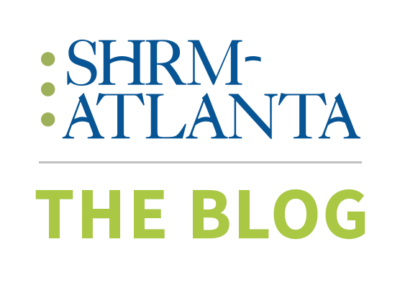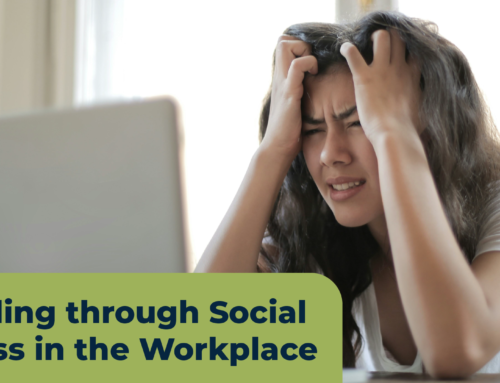Whether you’ve personally been touched by the violence and hatred connected with Hamas’ attacks on Israel, someone in your organization has. Your customers, coworkers, partners, or other members of your workplace community might be experiencing disruption—a feeling exacerbated when it’s unacknowledged. We’ve collected some guidance that might help equip you to navigate your feelings and those of the people around you resulting from the crisis in Gaza and attacks elsewhere in the world.
As an HR leader:
- Consider leave requests, international business impacts, and office conflict (SHRM)
- Understand the diversity and inclusion dimensions at work and know the limits of your role (HR Brew)
- Speak up, taking a trauma-informed approach and being vulnerable (Inc.; WorkLife)
- Assist employees based in Israel and communicate broadly the steps taken (Microsoft)
- Be compassionate and communicate your support and flexibility (Virgin Pulse)
As a coworker or friend:
- Stay attuned to the news and its impact on your community (NPR)
- Be mindful of your social media consumption (The New Yorker)
- Express a willingness to support team members (Employer News)
- Engage in conversations about the crisis even if it’s uncomfortable (The Sydney Morning Herald)
- Contribute to relief efforts (NPR; Time Out)
- Report any antisemitism, Islamophobia, or other acts of hate (Department of Justice)
- Get trained in bystander intervention related to antisemitism and Islamophobia (Right to Be)
As someone affected by the crisis:
- Be judicious about your media consumption (CNN; Women’s Health)
- Prioritize your own and your family’s mental health (NBC4)
- Listen to your body and stay connected to your support network (Crisis24)
- Acknowledge your emotions and explore your EAP benefits (Health Assured)
- Seek identity-specific support (Naseeha; The Blue Dove Foundation)
The Jewish and Muslim communities are experiencing the effects of last week’s attacks and the ongoing crisis. These global events may trigger secondary or past trauma for immigrants, refugees, and other marginalized communities. Atlanta faith-based organizations have expressed fear that they will be targeted, and it’s important HR professionals recognize the complexities of the crisis and convey the ways in which we can support team members and peers as well as the ways in which we might ourselves need support.




